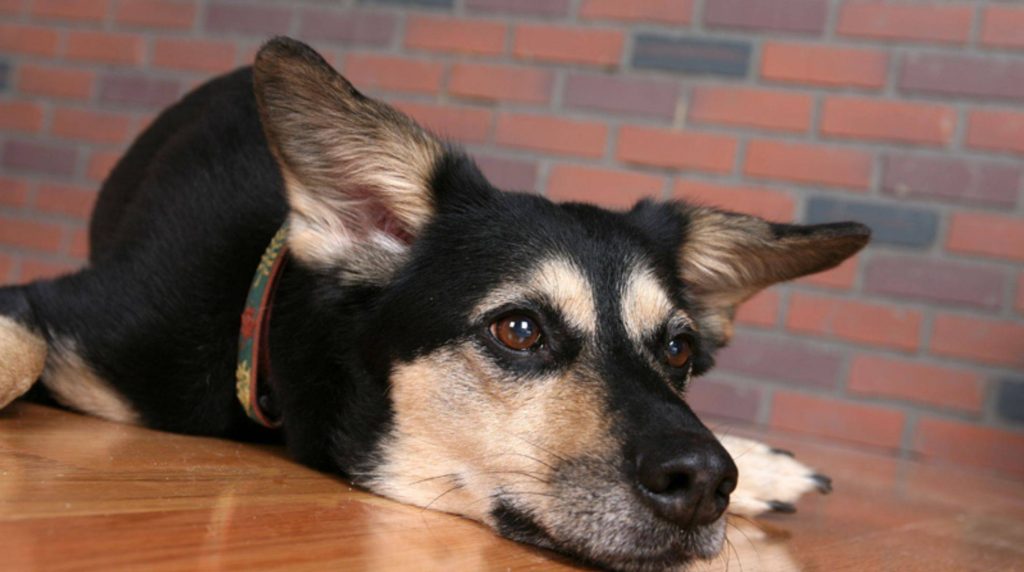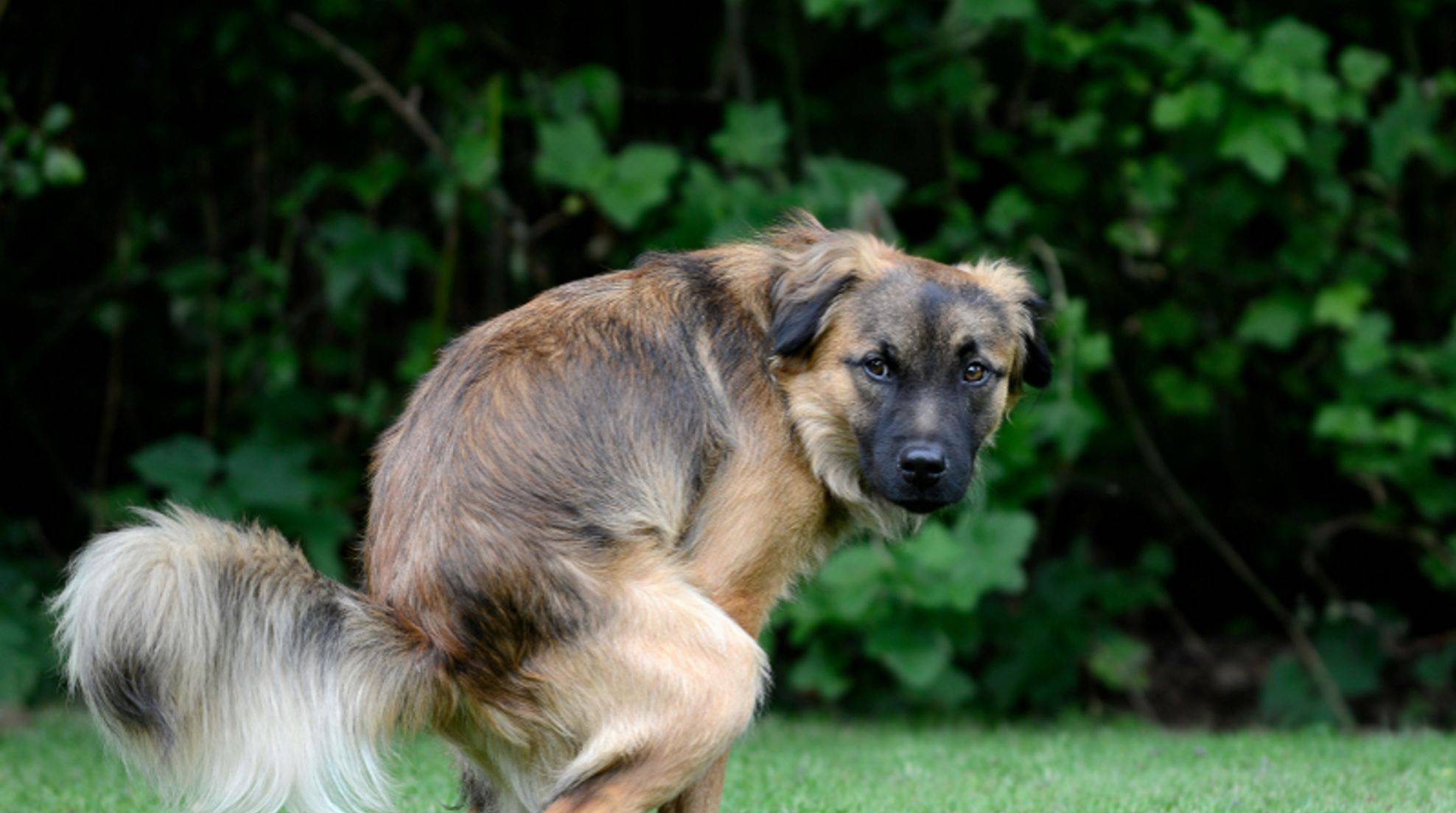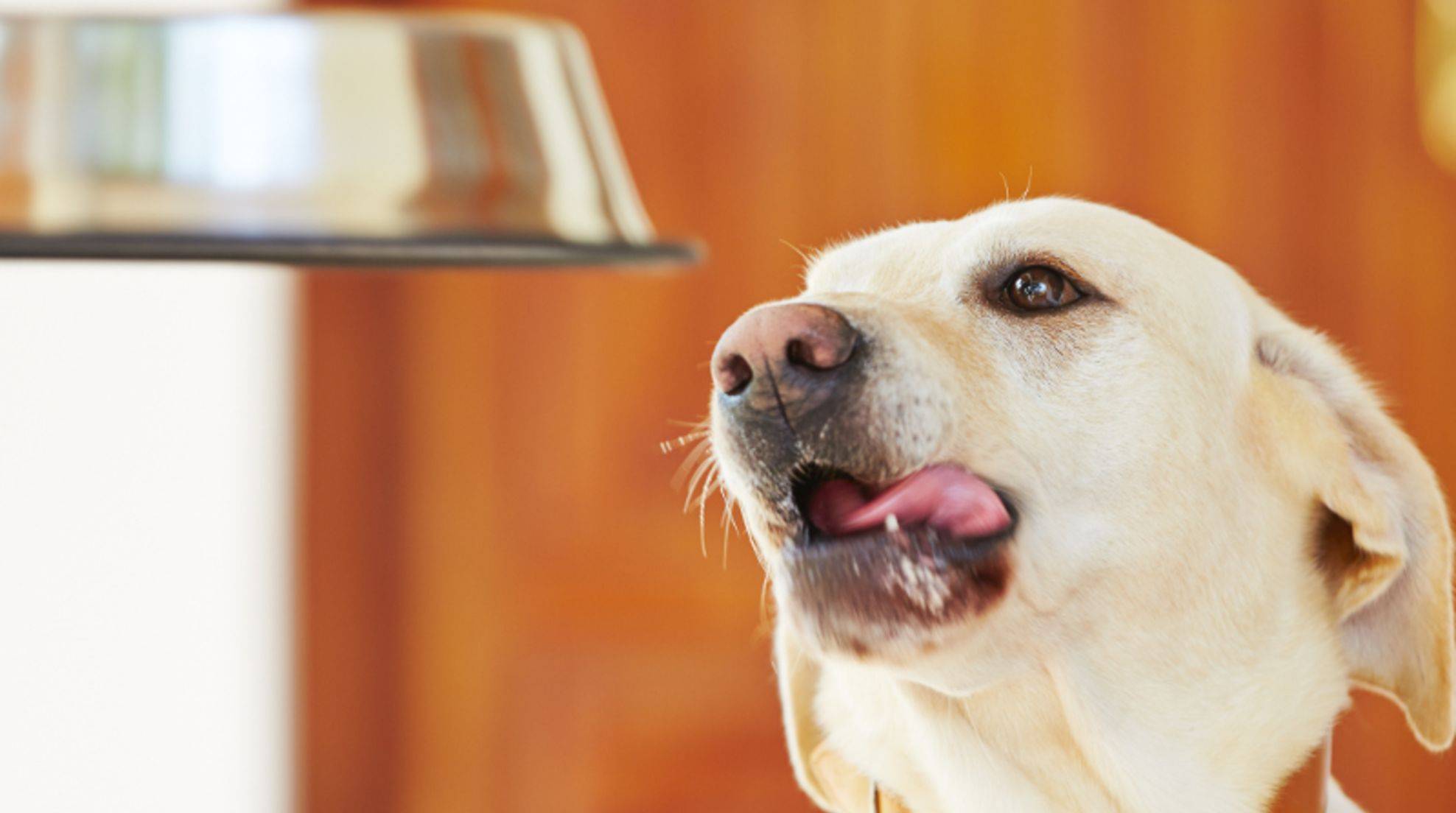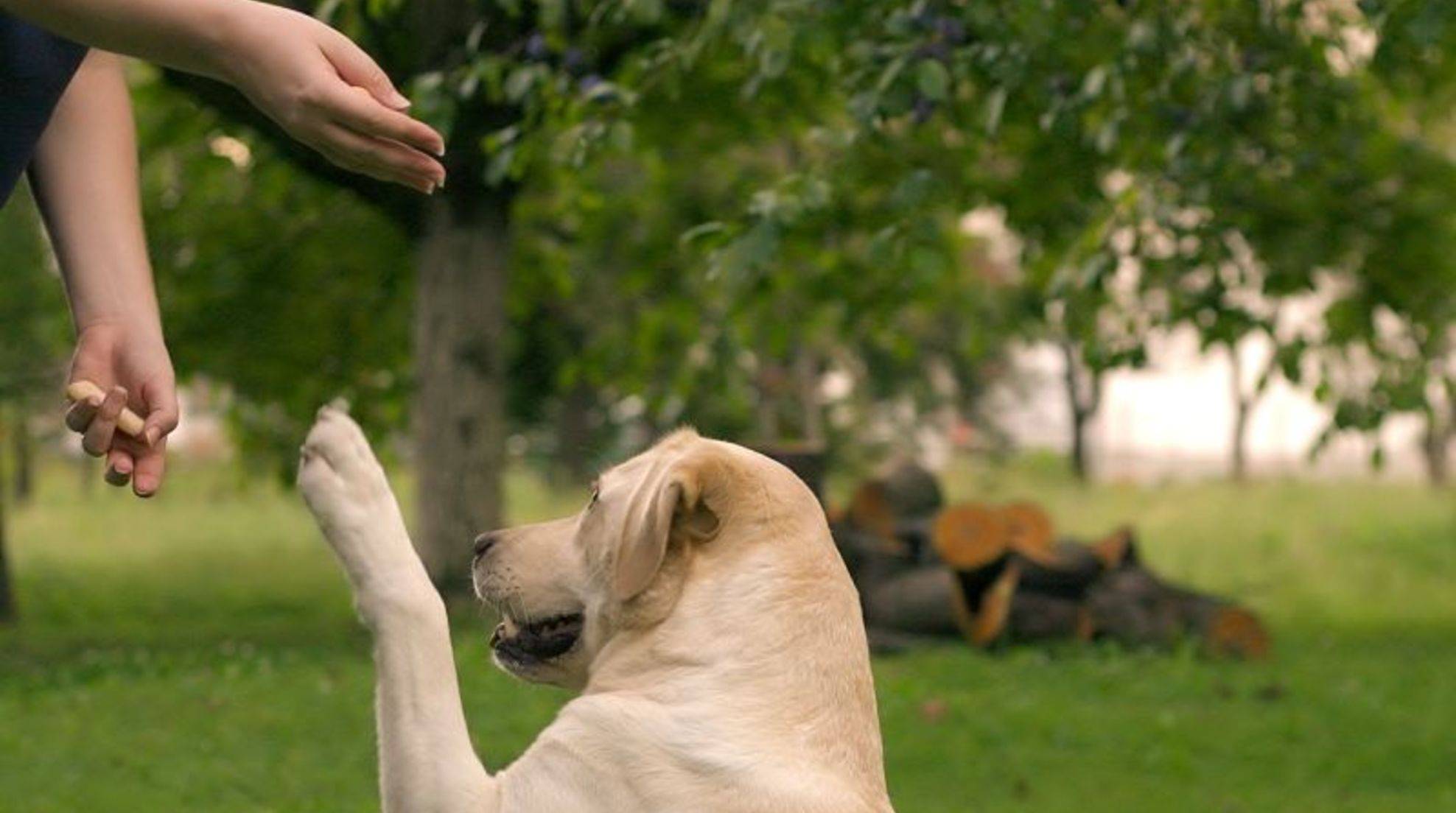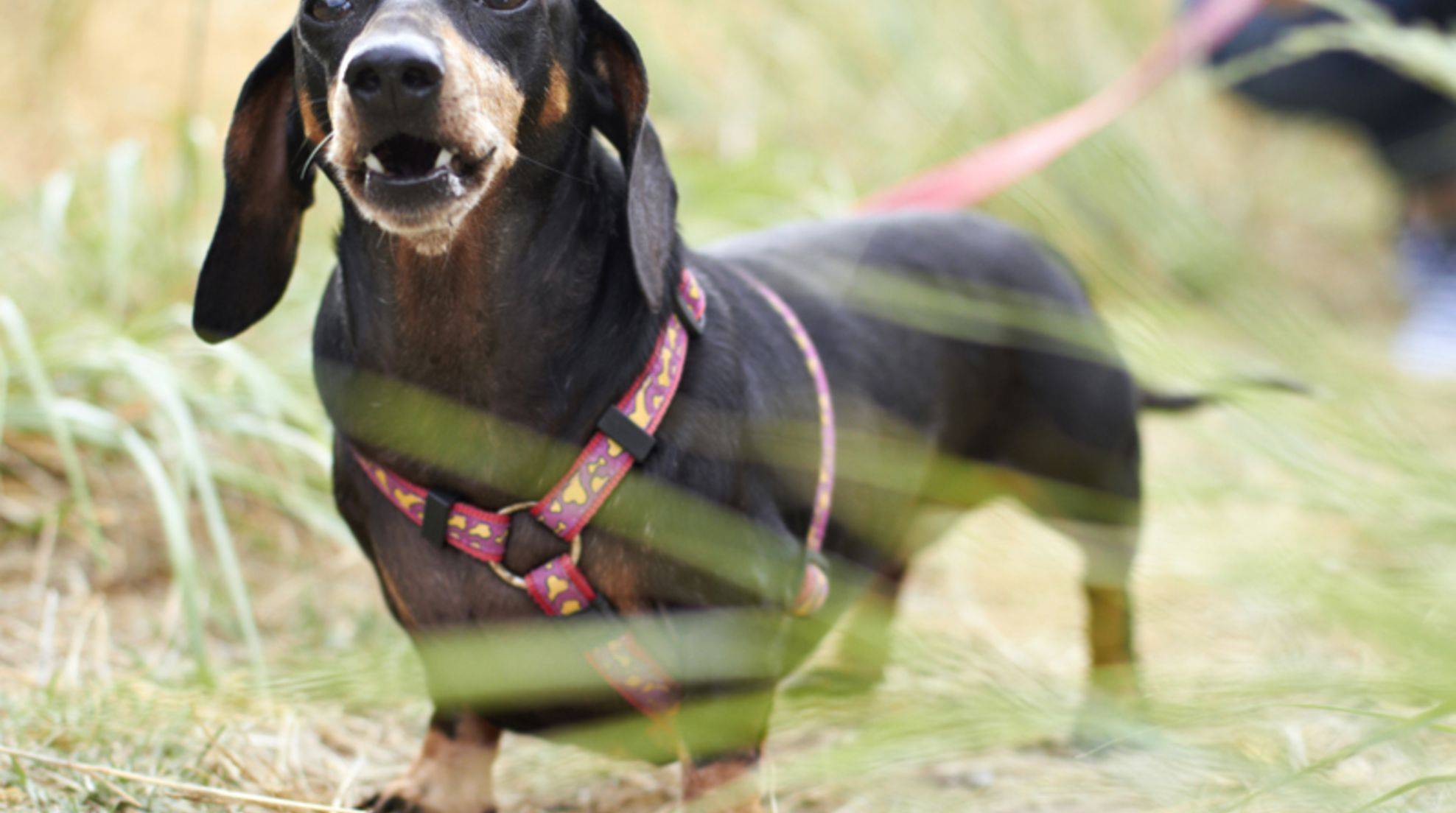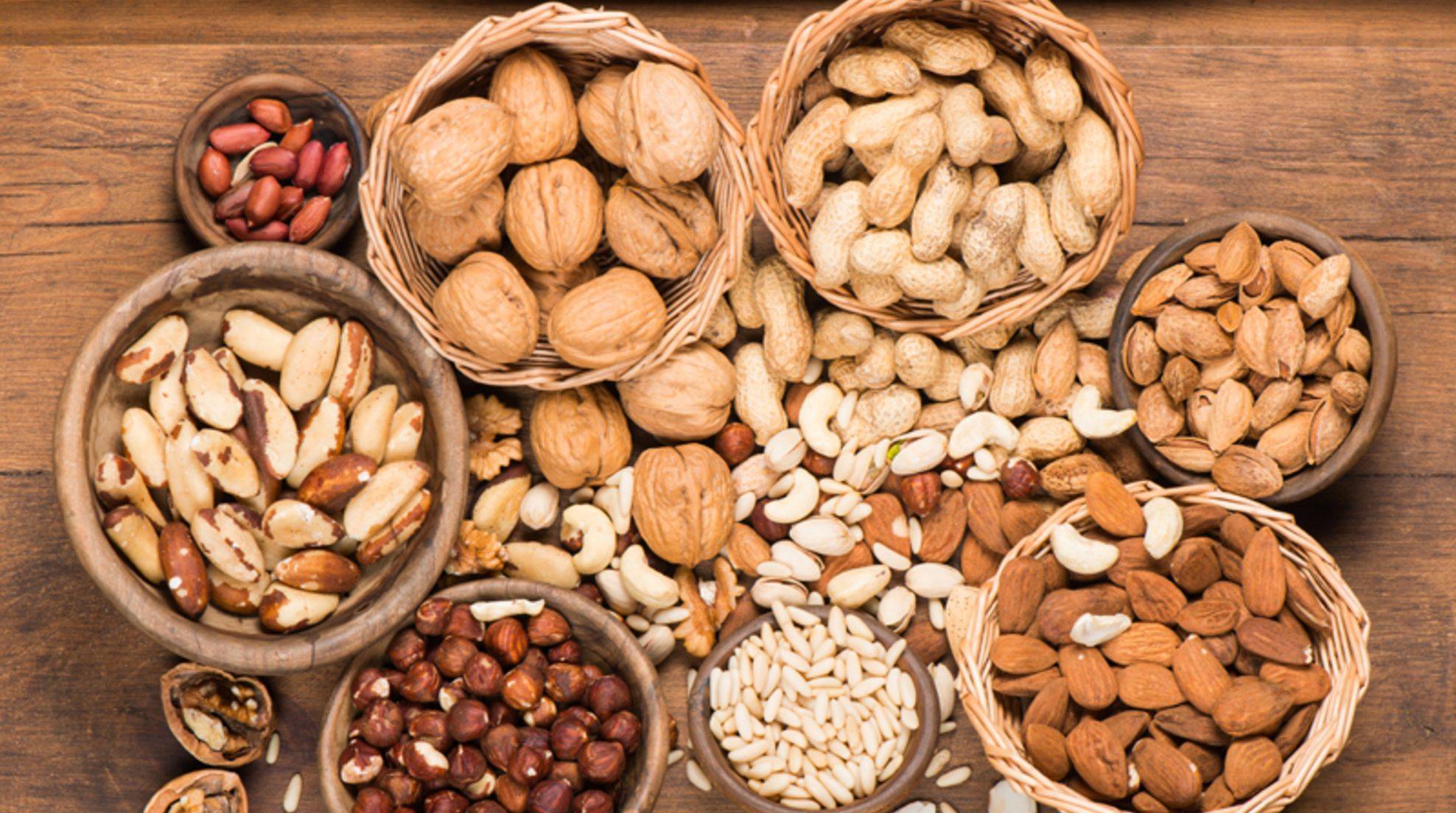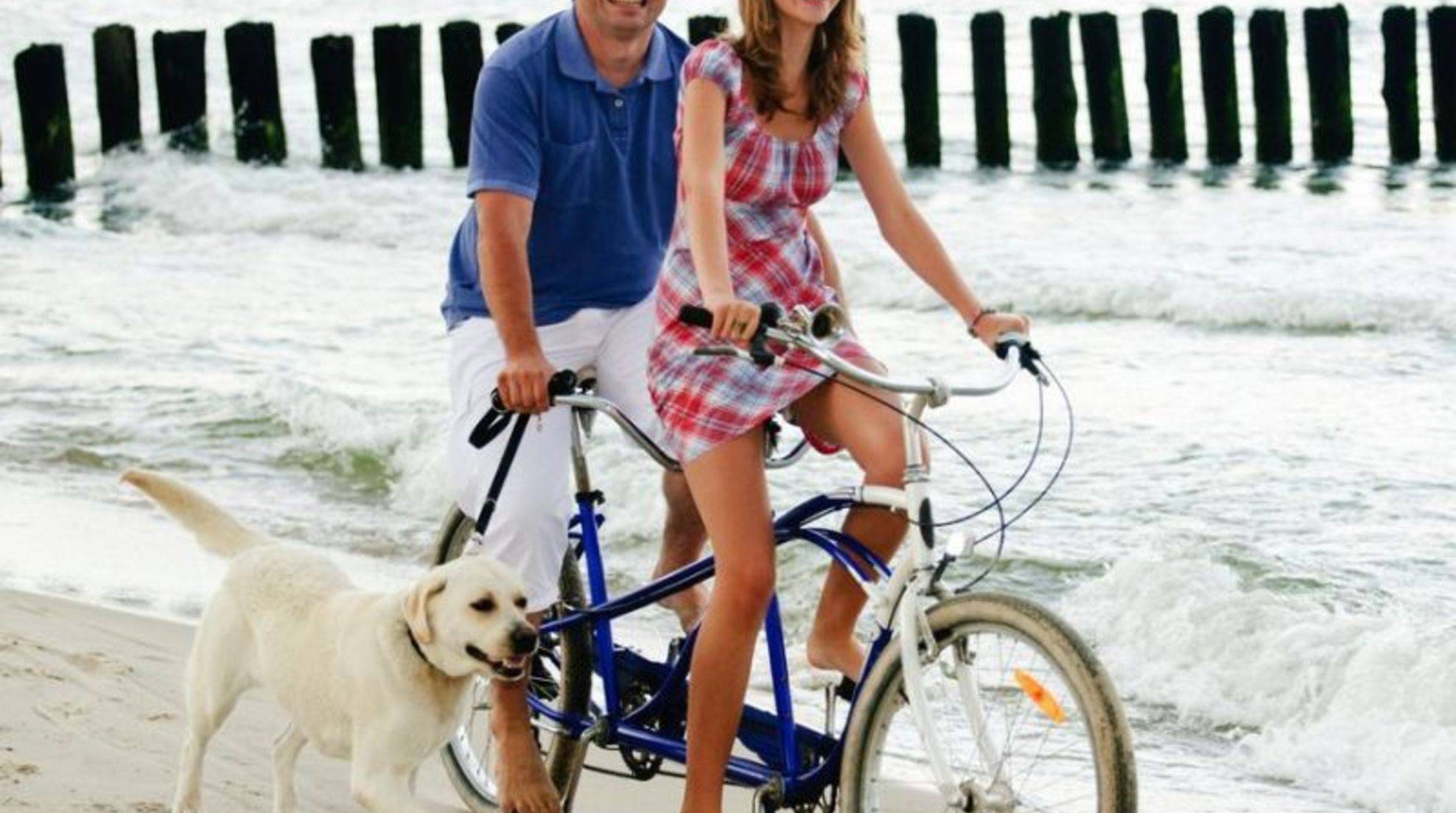The dog has hip dysplasia? This diet helps
Hip dysplasia – HD for short – is very painful for the affected dog. With the right diet, the expression can be mitigated in animals at risk. If it is already too late, at least the joints can be relieved.
A dog with hip dysplasia suffers from a deformation of the hip joint, which causes him great pain and increasingly restricts his freedom of movement. With the right diet, you can positively influence the course of the disease.
Prevent hip dysplasia through proper nutrition?
Especially larger dog breeds like Labradors, Huskies or German Shepherds often have a predisposition to hip dysplasia. Through serious breeding and a strict selection of the parents, attempts are made to counteract this. Nevertheless, preventive measures in the diet can not hurt. The risk of developing HD increases when dogs grow too fast. Therefore, it is important that puppies are fed with a diet adapted to their age.
This means that the baby dogs should not get too many calories and nutrients during the growth phase. High-quality ready-made food especially for puppies is usually adapted to the needs of the little rascals. Nevertheless, the recommended feed quantities should not be exceeded under any circumstances. The fluffy balls do not need additional nutritional supplements, vitamins and minerals.
Relieve the joints of a dog with HD
If the dog already suffers from hip dysplasia, you should help him to relieve his joints through the diet. Since affected animals feel severe pain, their joy of movement is usually limited, so they get overweight faster than their healthy peers. This naturally puts pressure on the hip joints and aggravates the HD symptoms. For this reason, you should support your four-legged friend in losing weight with special calorie-reduced dog food as well as moderate training. Talk to your veterinarian about what diet is appropriate for healthy weight loss.
Furthermore, certain nutrients are said to have a positive effect on joints. Antioxidants such as vitamins C and E, unsaturated fatty acids such as linseed oil or salmon oil, and glycosaminoglycans such as those found in New Zealand green-lipped mussel may be able to ease the suffering of hip dysplasia in dogs.

